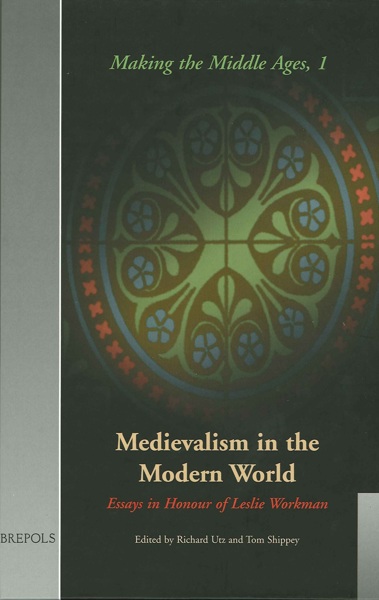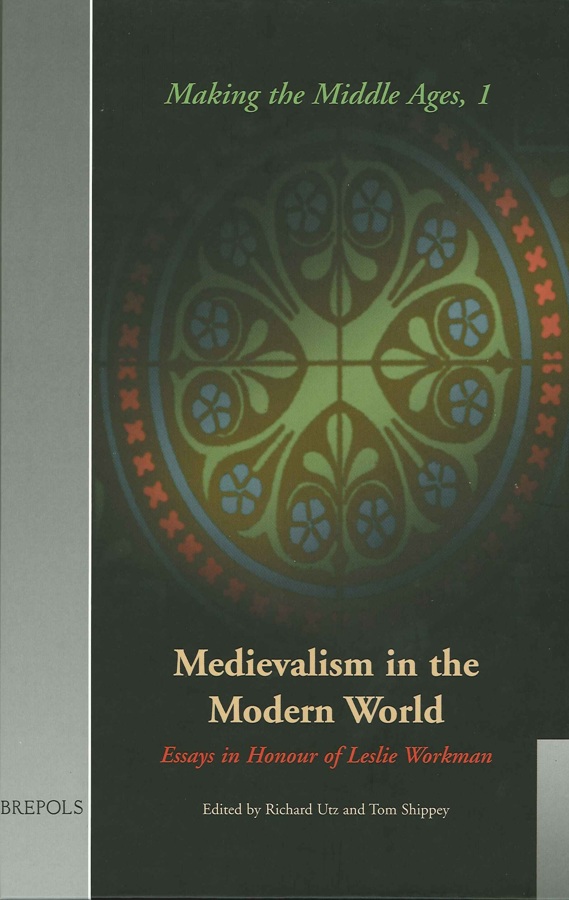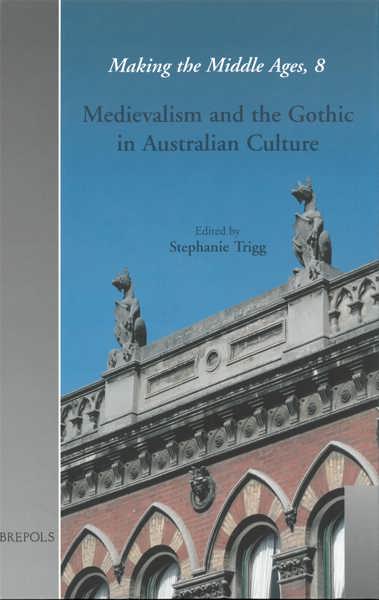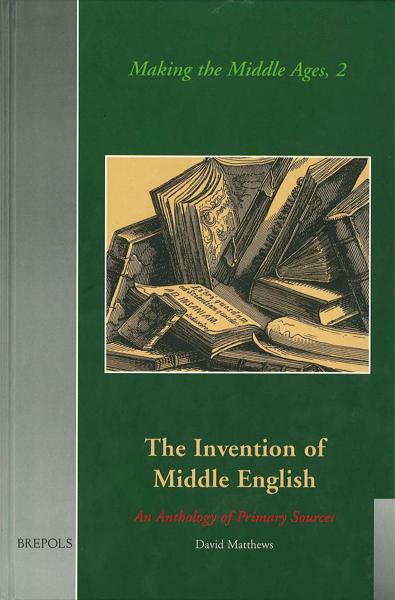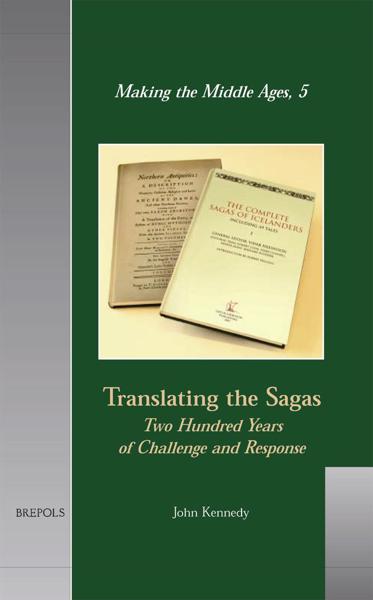
Medievalism in the Modern World
Essays in Honour of Leslie Workman
Richard Utz, Tom A. Shippey (eds)
- Pages: 452 p.
- Size:165 x 245 mm
- Language(s):English
- Publication Year:1998
- € 45,00 EXCL. VAT RETAIL PRICE
- ISBN: 978-2-503-50166-6
- Hardback
- Available
- € 45,00 EXCL. VAT RETAIL PRICE
- ISBN: 978-2-503-57235-2
- E-book
- Available
This interdisciplinary collection of essays from leading scholars in Europe, North America, and Australia examine the phenomenon of medievalism from the perspective of history, politics, scholarship, art, and literature.
The twenty-six essays in this volume examine the process of creating the Middle Ages. In doing so, they honour Leslie Workman, who has led the revival of the study of medievalism in the past two generations, and leads this sub-discipline towards the comprehensiveness that Lord Acton as early as 1859 had promised: ´Two great principles divide the world, and contend for the mastery: antiquity and the Middle Ages. These are the two civilizations that have preceded us, the two elements of which ours is composed. All political as well as religious questions reduce themselves practically to this. This is the great dualism that runs through our society.` While using differnt approaches and discussing topics in a variety of specialised fields, the contributions clearly centre on negotiating the reception of medieval culture in the Early Modern, Modern and Contemporary periods, thus presenting a broad and representative picture of current research in medievalism. Contributors include: Tabula Gratulatoria (Leslie Workman); Richard Utz and Tom Shippey, 'Medievalism in the Modern World: Introductory Perspectives'; Theresa Ann Sears, 'The Anxiety of Authority and Medievalizing the New World'; Richard Osberg, 'Humanist Allusions and Medieval Themes: The "Receyving" of Queen Anne, London, 1533'; John Simons, 'Christopher Middleton and Elizabethan Medievalism'; Bernard Rosenthal, 'Medievalism and the Salem Witch Trials'; Clare Simmons, 'Absent Presence: The Romantic-Era Magna Charta and the English Constitution'; R.J. Smith, 'The Swanscombe Legend and the Historiography of Kentish Gavelkind'; David Barclay, 'Representing the Middle Ages: Court Festivals in Nineteenth-Century Prussia'; Ulrich Müller, '"Deutschland, Deutschland, Über Alles"? Walther von der Vogelweide, Hoffman von Fallersleben and the "Song of the Germans": Medievalism, Nationalism and/or Racism'; Roger Simpson, 'St. George and the Pendragon'; Tom Shippey, '"The Death-Song of Ragnar Lodbrok": A Study in Sensibilities'; Alice Chandler, 'Carlyle and the Medievalism of the North'; Werner Wunderlich, 'Medieval Images: Joseph Viktor von Scheffel's "Ekkehard" and St. Gall'; Felicia Bonaparte, 'The (Fai)Lure of the Aesthetic Ideal and the (Re)Formation of Art: The Medieval Paradigm that Frames "The Picture of Dorian Gray"'; William Calin, 'Dante on the Edwardian Stage: Stephen Phillips' "Paolo and Francesca"; Kathleen Verduin, 'Medievalism, Classicism, and the Fiction of E.M. Forster; William D. Paden, 'Reconstructing the Middle Ages: The Monk's Sermon in "The Seventh Seal"; Rosemary Welsh, 'Theorizing Medievalism: The Case of "Gone with the Wind"; Gwendolyn Morgan, 'Gnosticism, the Middle Ages, and the Search for Responsibility: Im
